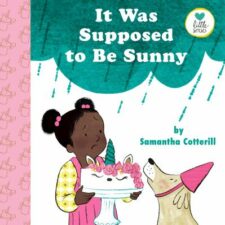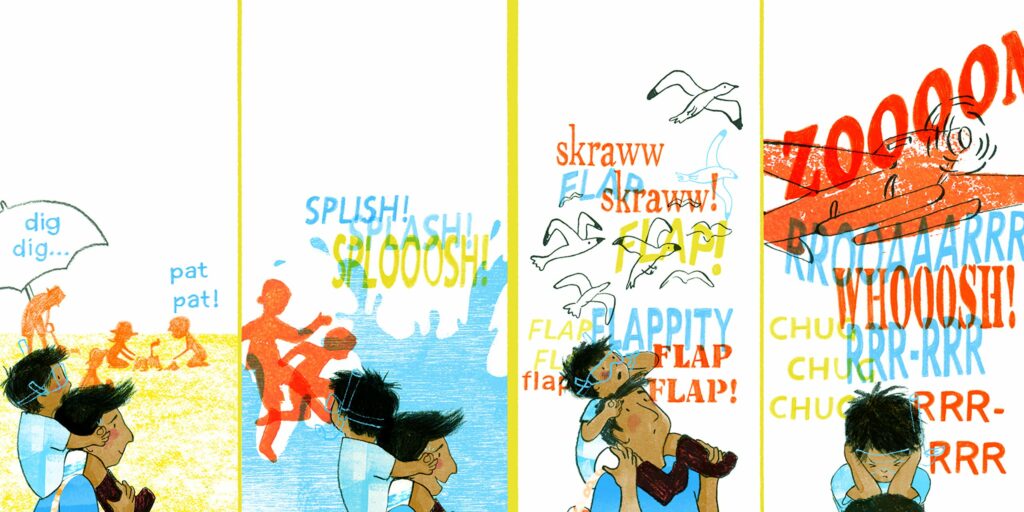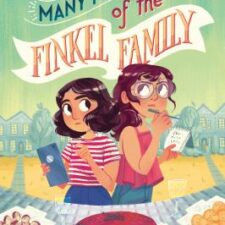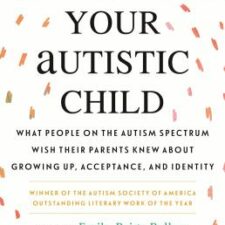April is Autism Acceptance Month! This observance, now increasingly led by autistic self-advocates, seeks to open discussion and celebration around life with autism spectrum disorder. Everyone interacts with people with autism regularly, whether they know it or not, and everyone can take part in creating more inclusive communities that allow everyone to fully express their strengths and differences. The following books, authored by autistic self-advocates, can help people of any age start understanding themselves and others better:
 Little Senses series by Samantha Cotterill
Little Senses series by Samantha Cotterill
These picture books, beautifully illustrated by the author, evoke the experiences of children with autism spectrum disorder and sensory processing disorder, or “wonderfully sensitive children,” as Cotterill herself puts it. So far, topics include sensory overload, changes of plans, social missteps, and trying new things. Each title demonstrates for readers an effective strategy for moving through these challenges so that everyone can get back to having fun! Here’s one of my favorite spreads from This Beach is Loud!

 The Many Mysteries of the Finkel Family by Sarah Kapit
The Many Mysteries of the Finkel Family by Sarah Kapit
This delightful middle-grade novel is co-narrated by two very different autistic sisters. Older sister Lara is trying to solve consequential mysteries such as why their father burned the brisket for Shabbat dinner, and who her little sister Caroline has been texting. Meanwhile, Caroline tries to independently navigate starting middle school, making new friends, and handling bullies. Their diversely neurodivergent and Jewish family offers love and support, allowing them to solve mysteries and resolve problems in their own time. This was one of my very favorite new releases of 2021!
 Sincerely, Your Autistic Child: What People on the Autism Spectrum Wish Their Parents Knew About Growing Up, Acceptance, and Identity, edited by Emily Paige Baillou, Sharon da VanPort, and Morenike Giwa Owainu
Sincerely, Your Autistic Child: What People on the Autism Spectrum Wish Their Parents Knew About Growing Up, Acceptance, and Identity, edited by Emily Paige Baillou, Sharon da VanPort, and Morenike Giwa Owainu
This anthology, published by the Autistic Women and Nonbinary Network, is an invitation to current parents of autistic children to learn from the past experiences of autistic adults. Most essays cover ways that childhood could have been better, if only there had been kinder, more helpful information available to parents at the time. Thanks to this resource, parents of any child, but especially autistic children, can start with that kind, helpful information to more thoroughly meet their needs as they grow up. This title is just one of many ways autistic adults are making the world a little easier for a new generation.
